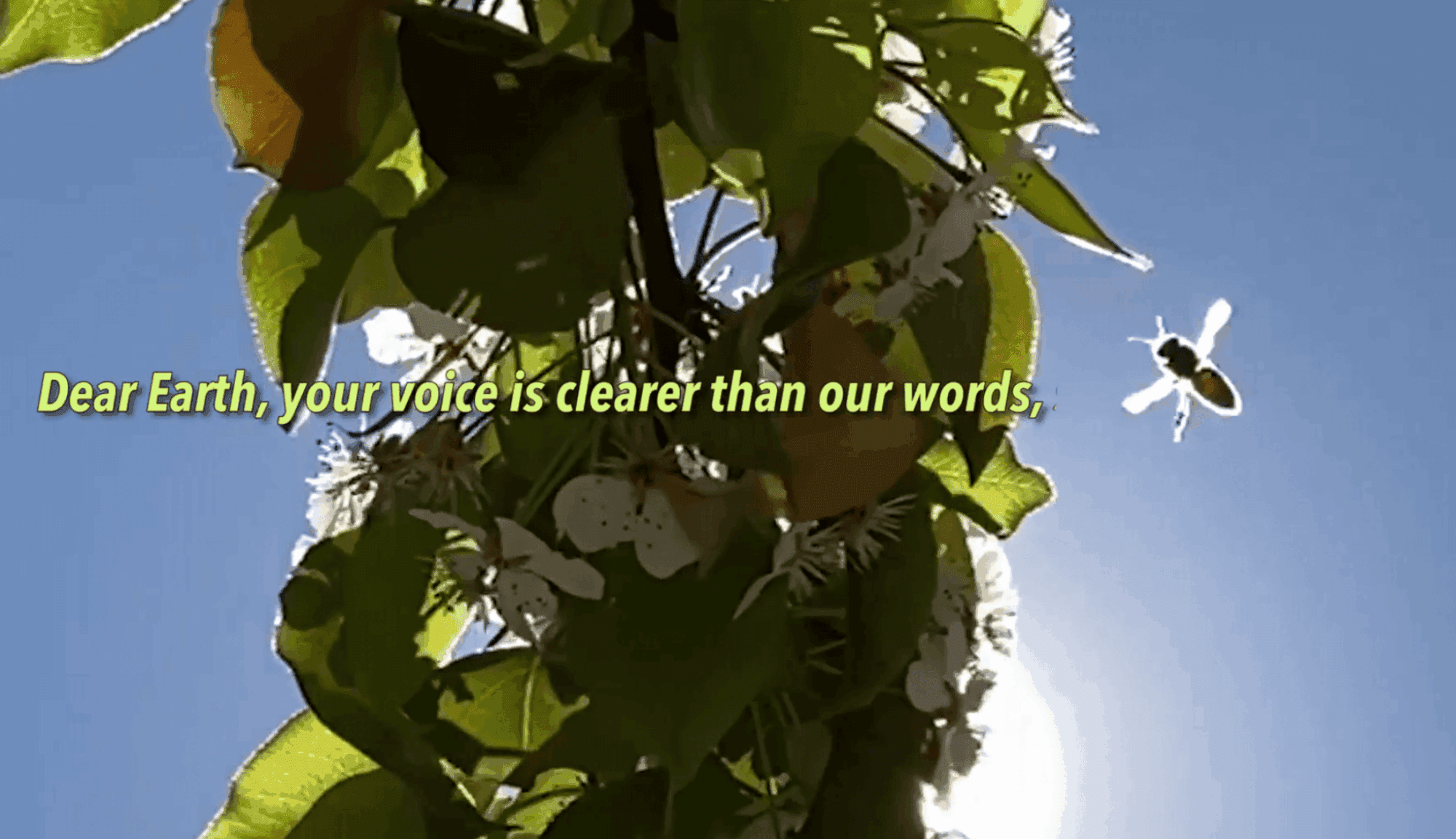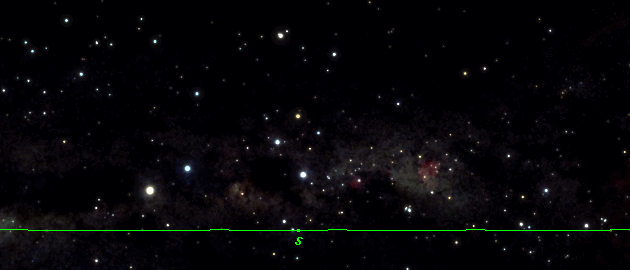Our Pacific Voyagers carry a tremendous burden. They carry the weight of our history and who we are as Pacific Islanders. They are risk takers who defy western conventions to prove that our traditional knowledge has a place in the world. They are revolutionaries who defy decades of the colonial system that has sought only to diminish our customary knowledge and technologies. As heroes of the Pacific, they have also become metaphors for struggle, for faith, for diligence and resilience.
As Pacific Islanders, we hold our traditional navigators high because they represent the value of who we most identify with in the world. Culturally, we move through the world with the regality of ambassadors. When we speak, our voices are heard and our music and dance brings joy.
Yet when it comes to valuing our inherent Pacific assets, why do we suddenly become weak, dependent, our hands wide, arms stretched across the ocean as if we have lost our way home. How do we not know our own value?
Our ecological assets are immense, yet for some reason, we do not believe in the value of our ecological assets. As part of the global economy, we have the ability to interact with the world as equals– with mutual cooperation and exchange.
There is a constellation that our Pacific Navigators have traditionally followed. In Hawaiian it is called Hanaiakamalama (“cared for by the moon” otherwise called the Southern Cross) and its alignment with the navigational starline to Ka Iwikuamo’o was a backbone for our Pacific Voyagers to traverse our Liquid Continent.
Our ecological way forward is in view, and just as our Pacific Voyagers can stand on the shore and look towards the heavens to know when it is time to voyage, it is time for our leaders to move us forward now, rather than hold us back by signing legally binding investment and trade agreements that will further tether us to the post-colonial ambitions of our so-called big brother countries.
The navigational star line is in front of us. Our regional economic well-being is in front of us. There is a rational accounting framework that reflects who we are and measures our engagement in the global economy.
When one considers the wake-up call that is Covid-19; or that the western economy is in shambles; or that Australia’s fear of losing its control over the Pacific to China who is offering the region access and infrastructure; or that there are new data technologies in communication, finance and artificial intelligence that would benefit our regional security; or that there may be an economic incentive to finally liberate us from our struggles against extractive industries, depletion and degradation… it is as if the heavens finally heard the clarion call of Epeli Hauofa and lifted the obstructions and barriers that have kept us tethered to the yoke of colonialism.
And so, if we are so free then why are we still standing on the shore with our hands and arms outstretched? Maybe we have lost our understanding of value, the way that we almost lost our ability to read our navigational star lines. What motivates our liberation in the Pacific must be more than cultural, it also has to be economic, for if it is not, we will not be able to adequately address climate change on our terms, nor will we be able to remain in our homes. But what is the future that we want? Is it to enhance our well being and steward our environment with our own resilient technologies?
This requires investment and capital that neither Australia nor the US will provide, unless they can own and privatize it. With a new ecological accounting framework, we can increase our national accounts and provide our own services to meet the needs of our region.
Who is really saying that the Pacific cannot assert an economic-ecological scheme independent of the post-colonial privatization agenda?
For those who say “no,” then they are no different from the early colonizers who set fire to our voyaging canoes, ensuring that they restrict our movements. Whose vision do we really hold when we dream, what language do we speak? It is evident that the only ones who would seek to inhibit our attempts to advance our ecological-economic ambitions are the very same ones who want to continue exploiting our resources.
A Pacific economy should not simply be a dream or something one hopes for.
But what is the cost of this Just, Fair and Equitable society? Is there a value of the dream?
Ecological Economic Accounts provides a formula for how we can actively protect and restore our ecological biodiversity. Rather than simply give value to what we extract, we can also account for the cost of environmental damage, revalue our food and water security and our well being?
Value and costs are tricky because they are terms that can slip in and out from being measured with money. Not everything that one buys is valuable, while what has the most value can often not be monetized no matter how much investment markets try to assign a monetary value on our public and existential goods.
If we approach the world as a commodity, then it is only the few who expend capital that are setting the costs by placing its value in the marketplace.
And if the few who expend capital enforces the commodification of the world, then it is we in the world that has to change what things are worth.
National accounting is supposed to mirror our economy, our society, our interactions. If GDP is the standard by which we measure our economy, it is obvious we have no place in it. If we do not manufacture, if our populations are too small to have a viable well rounded labor source, if our production capacity is limited to just a few resources like coconuts, shells or fish bones, if the transport of our goods across borders cost too much, if we do not have an aircraft carrier, then clearly we are not looking at ourselves in a mirror. We are not seeing who we are, that we are all Pacific voyagers.

